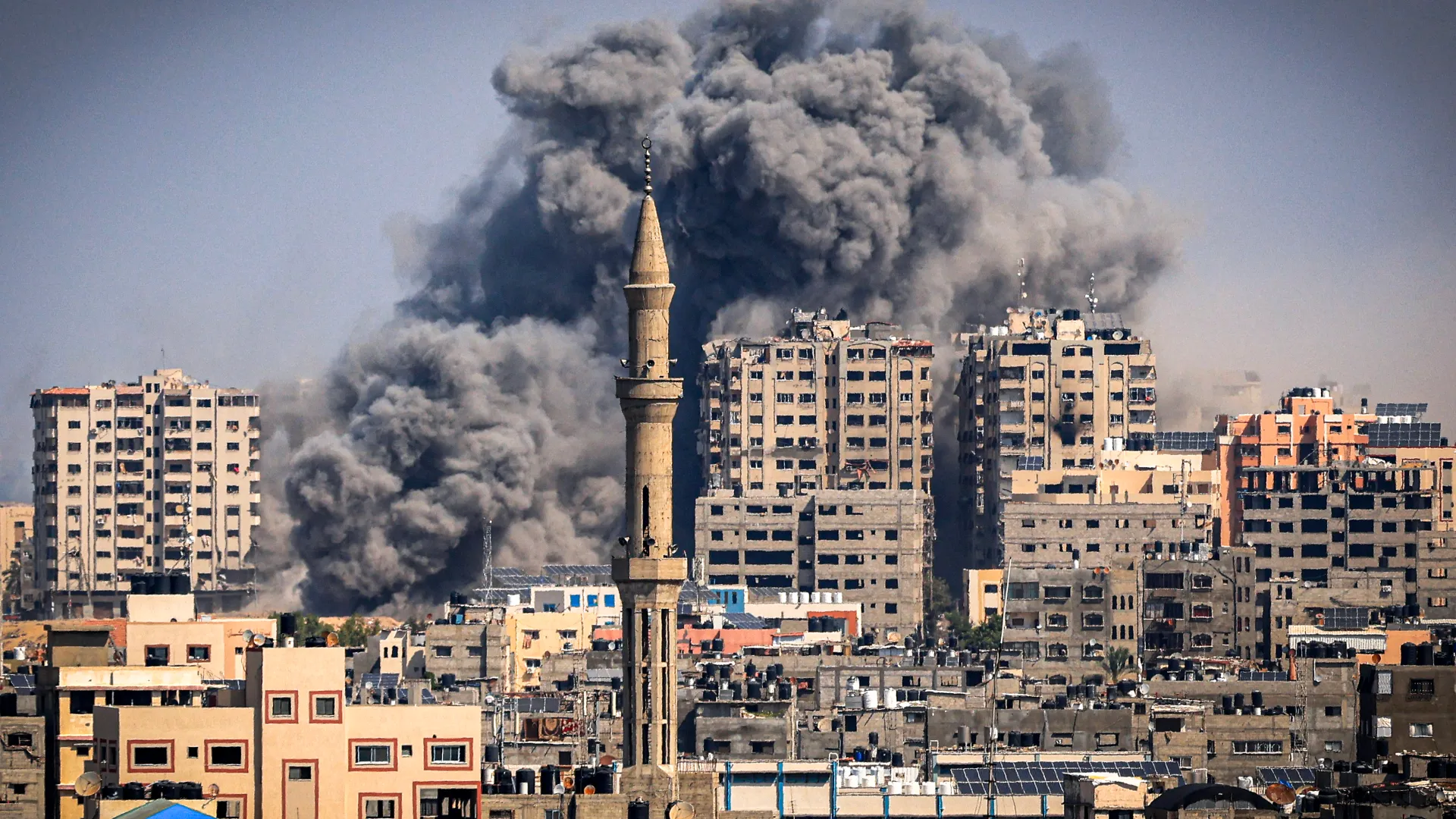Several days ago, Lebanon was the scene of a sad incident, which involved explosions targeting Hezbollah’s communication equipment; the incident caused the death of 32 people, including children and healthcare workers, and affected thousands of others. Israel has not owned nor denied the attack, but sources close to Prime Minister Benjamin Netanyahu have indicated that Israel conducted the raid.
The operations turn out to be a tactical change in the conflict between Israel and Hezbollah, signifying that a war with the Lebanon government may be on the airing shortly. This escalation, however, could be part of a broader and darker Israeli strategy: basing its genocide campaign on the war in Lebanon to continue with the evictions of Palestinians in Gaza.
Hezbollah and Syria present Israel with a formidable force that has been the target of the Israeli regime for weeks, its stated aim being to eliminate Hezbollah’s rocket capability so it cannot pose a threat to Israel and to achieve the return to their homes of 60,000 Israelis from the north. Former and incumbent Palestinian governments have accused their Israeli counterparts of indirectly implying the need for a military approach.
One day before the attacks, Israeli Defense Minister Yoav Gallant informed the U.S. counterparts that the situation was close to igniting the conflict with Hezbollah into war. Recent attacks seem to support those fears and open a new chapter of the Israeli-Hezbollah confrontation.
However, this escalation comes at a crucial time that affected Lebanon and other countries. The large-scale war in Lebanon means that the attack will shift from the Gaza strip, where the Israelis are engaged in ethnic cleansing of the Palestinians. This looks like a well-coordinated strategy; the current US administration is preoccupied with a highly contentious election year, which will give Israel even more room to maneuver without being reined in.
Thus, for fans of an invasion of Lebanon like National Security Minister Itamar Ben Gvir and Finance Minister Bezalel Smotrich, who previously advocated for an attack on Lebanon, this may be the time to do so.
It was expected that the war in Lebanon would be similar to that of Israel in Gaza, where many civilian targets, including residential homes, are attacked, especially after the attack in Beirut this week, which killed fourteen people, including a Hezbollah militant. International condemnation would ensue, although Israel might capitalize on the conflict as a pretext for aggravating its genocidal practices in Gaza.
Israel has gradually been cutting assistance to Gaza for several months now; the number of humanitarian truck convoys has declined to an average of 69 trucks daily by August, which is far from the 500 daily trucks required. This systematic demography, coupled with ongoing bombings and destruction of civilian properties, features in a broader strategy to render Gaza a Palestine-free region either by forcing Palestinians to cross the border into Egypt or stifling hunger.
This has been revealed through leaked documents, which also establish that Israel has sought to remove Palestinians from Gaza in a permanent manner. This action plan has cost the lives of over 41,000 Palestinians, according to official Palestinian records. A scientific study in the ‘The Lancet’ raises this number and puts an estimate range from 168 thousand to 186 thousand.
Naming a permanent military governor over Gaza also reflects long-term intentions for occupying or annexing the coastal territory, which is not easy to hide when the world is watching. However, now that the focus has shifted to a new front in Lebanon, Israel may find the distraction it needs to continue its process of erasure in Gaza unabated. This new approach should not endanger the Arab world and the international community. However, as much as any war in Lebanon will receive global attention, the suffering of Gaza cannot be ignored.
With the current leaders becoming more aggressive in Israel’s genocidal plan, the international community needs to reign in the Israeli government. Measures have to be taken, and pressure has to be exerted to ensure that no further ethnic cleansing occurs in Gaza and no further aggression is launched against Lebanon. This is why derailing the process threatens to pave the way for Israel’s worst intentions, and the rest of the world looks the other way.
The Arab world must stand against it in unison, and the world must not let Gaza slip out of its memory because history will not allow it.















